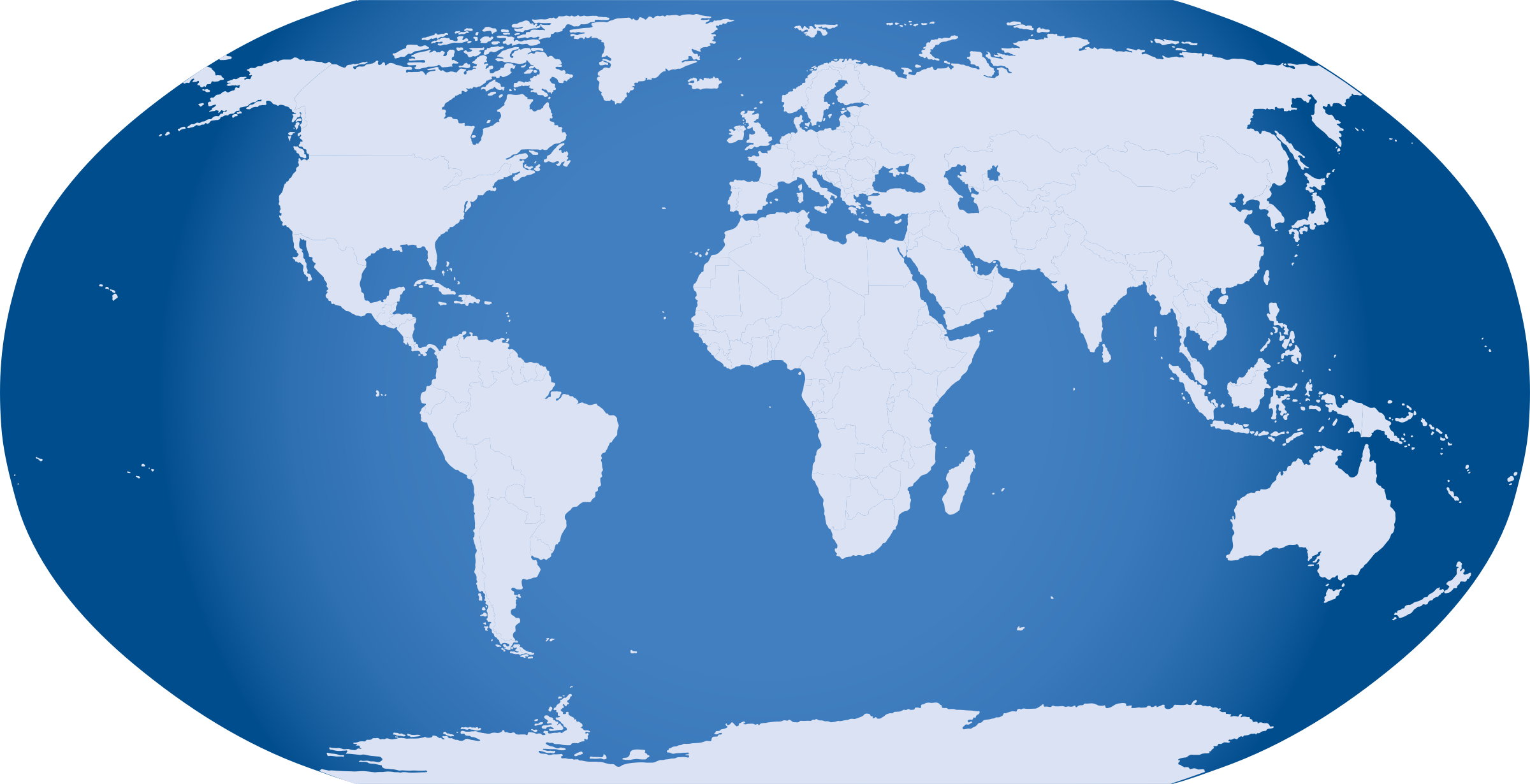In exploring the intersection of Bahá’í teachings and societal leadership, one could ponder: what does it mean to manifest the principles of humanity in the highest echelons of governance, particularly when faced with circumstances of profound societal need? This reflection takes as its focal point an intriguing figure often described as the world’s poorest president, José Mujica of Uruguay. His presidency from 2010 to 2015 was distinguished, not by opulence or privilege, but by an unwavering commitment to simplicity, humility, and the elevation of the human spirit—all principles resonating deeply within Bahá’í philosophy.
Mujica’s personal lifestyle serves as a vivid illustration of the Bahá’í tenets regarding selflessness and the service to humanity. He eschewed the lavish trappings typically associated with political power, opting instead for a modest existence on his small farm. In a world driven by materialism, his choices prompt a challenging question: how often do leaders choose personal sacrifice over political gain? This inquiry delves into the heart of Bahá’í ethics, where the well-being of humanity supersedes individual desires.
The Bahá’í teachings emphasize the oneness of humanity, advocating for an equitable distribution of resources. Mujica’s ethos echoes this doctrine, as he donated 90% of his presidential salary to charity. His actions raise a pivotal consideration for leaders globally: does wealth inherently corrupt, or can it be a means for altruism? In effect, Mujica’s governance exemplifies that true leadership is not about material accumulation but about fostering a community where collective prosperity becomes the central focus.
Furthermore, Mujica’s tenure was marked by a notable leniency towards progressive social reforms, including the legalization of same-sex marriage and the regulation of cannabis. This progressive mindset aligns impeccably with the Bahá’í understanding of gender equality and individual rights. The Bahá’í teachings insist that societal advancement is contingent upon the dual empowerment of men and women, suggesting that sustainability in progress necessitates inclusiveness and respect for diversity. Mujica’s legislation can be viewed as a reflection of these principles, as he championed rights that upheld the dignity and autonomy of the individual.
Nevertheless, Mujica’s approach provokes scrutiny of the societal constructs that frame leadership. Do leaders possess an inherent obligation to embody the very reforms they advocate? Or, should leadership be seen as a pragmatic role, comprising a necessary adherence to popular sentiment and prevailing norms? The Bahá’í perspective provides a compelling counter-narrative; it purports that genuine leadership is predicated on moral integrity and the courageous innovation of social policies. Strong leaders, such as Mujica, demonstrate that adherence to ethical principles can recalibrate societal values.
To further this dialogue, it bears examining the potential consequences of Mujica’s agricultural lifestyle on broader environmental discourses—his preference for a simple life undoubtedly aligns with Bahá’í teachings centered on stewardship of the Earth. He espoused a coalescence with nature that resonates with the belief that the planet’s abundant resources are a shared trust. The Bahá’í teachings, as outlined in their literature, highlight the necessity of protecting the environment, implicating leaders in the moral imperative to foster sustainable practices. Joyously, Mujica’s lifestyle not only serves as a personal commitment to these ideals but as a clarion call for global responsibility.
Despite the laudable aspects of Mujica’s presidency, it is imperative to consider the universal implications of his leadership style amid a global landscape that often glorifies wealth and power. While Mujica exemplifies the ideal of simplicity and moral clarity, can we genuinely expect such sacrifices from leaders entrapped within the structures of international politics? This challenge serves as a launching pad for deeper contemplation of ethical governance as proposed by Bahá’í philosophy. It incites discourse on whether idealistic visions can ever truly be reconciled with the gritty reality of political maneuvering.
Moreover, Mujica embodies the Bahá’í principle of consultation—a process of collective decision-making that involves analyzing various perspectives to arrive at a solution that benefits all. His openness and transparency invite a new framework for leadership that diverges from dictatorial tendencies and embraces collaborative governance. This shift could ultimately cultivate a culture of understanding and shared responsibility across the globe. Leadership, in this lens, ceases to be about individual authority and morphs into a communal endeavor aimed at uplifting the collective.
In summary, reflecting on the leadership of José Mujica through the Bahá’í lens challenges us to reconceptualize the fabric of governance in contemporary society. As we grapple with the implications of his lifestyle and policies, we are left to wonder whether true wealth lies in service rather than in material possessions. The Bahá’í teachings, with their eloquent emphasis on selflessness, equality, and environmental sustainability, underscore the profound potential of servant leadership. Ultimately, Mujica’s example serves as both an inspiration and a challenge—inviting current and future leaders to relinquish personal gain in favor of holistic human flourishing. The reflection upon Mujica’s presidency thus becomes a reflection upon our aspirations for leadership in this interconnected world.
